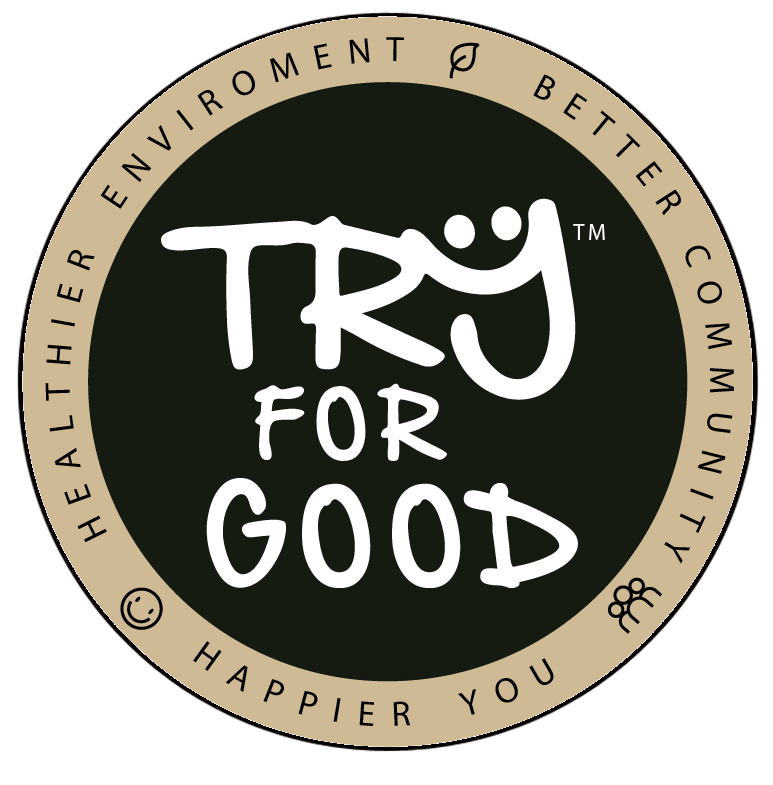Organic farming is a form of sustainable agriculture which doesn’t require pesticides or other chemicals in the crops production and processing. Organic agriculture is practiced across 172 countries with 2.2 billion farmers managing 50.9 billion hectares of organic land worldwide globally. In India, it is 11.8 million acres of land under organ, c certification. An eco-friendly method, organic farming emphasizes on renewable resources for the production, soil management, maintain biodiversity, recycle materials and resources. Natural fertilizers, crop rotation, green manure, biological pest control and compost are used for the organic farming.
With so many pluses to the ecosystem and environment as well as our health we would all want to consume organic. However, we have usually three key concerns:
Availability: India produces around 1.35 million of certified organic products including all crops such as sugarcane, oil seeds, cereals, millets, cotton, pulses, medicinal plants, tea, fruits, juices, coffee, spices, dry fruits and vegetables etc. The popular organic brands in India are the Organic shop, Organic food in India, Naturally yours, Farm to kitchen, organic, down to earth organic, sunrise organic shop, pure organic, new life store. Most of these shops are selling online to supply in the key cities of India. Top selling cereals and pulses are Bajra, Millets, whole grain etc.
Authenticity: Indian organic market is growing rapidly which makes organic certification mandatory for the owners. In general, National organic program states that organic retailer is responsible for preventing contamination of organic products from the prohibited substances. A retailer needs certification which regulates authenticity of such products. Some of the known certifying bodies are Natural Organic Certification Association, Bureau Veritas Certification India Pvt. Ltd., Mumbai, and International Resources for Fairer Trade Control Union Certifications, Mumbai, Indian Organic Certification Agency (INDOCERT)
Affordability: Current prices of organic products are high due to its lesser cultivation, need of certifications. However, with the growing demand and the Indian certifying agencies, the PGS schemes by the Government the popularity of organic will be higher and affordability better.
Sources
https://www.organicfacts.net/organic-products/organic-stores/organic-certification-agencies-in-india.html
http://www.ifoam.bio/en/news/2017/02/09/world-organic-agriculture-2017

